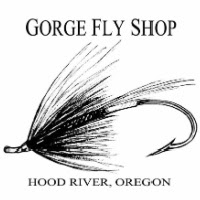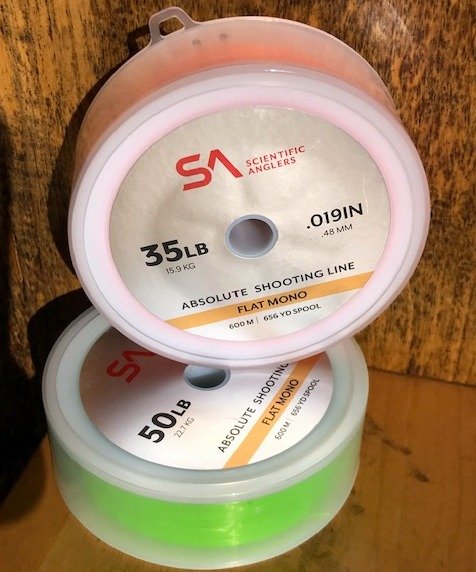 |
| Sam Sickles - Clackamas River |
Fishing Report
For winter steelhead addicts, local rivers are back to low and clear conditions for the moment.
Rain is in the forecast, but how much is
questionable. At least it is warmer
outside than it has been for most of the past month. Warming conditions should cause fish to be a
little more active than they have been.
My advice is to invest in an intermediate Skagit
head as long as the water is low. Yes,
even in low and clear conditions, especially in low and clear conditions, an intermediate
head is an advantage. It moves slower
through the water than a floating head, allowing your fly to be presented in
front of fish for a longer period of time, as well as assuring that you are
probing the depths of the run. In low,
clear and cold water, fish will hug the bottom of runs in the middle of the
river, whereas they will hang in softer water closer to the banks in higher
water conditions and do not require ultra-deep presentations.
Choose intermediate heads about 30-60 grains lighter than
your floating Skagit head, as they are harder
to get moving quickly. My intermediate Skagit head is the same grain weight as my Scandi
head.
All of the rivers that are accessible within a day of Hood River
 |
| Clackamas River |
Rainbow trout fishing on
the Deschutes
should be great as the air and water temperatures are increasing. Increasing air and water temperatures can
trigger hatches of midges and Blue Wing Olives.
Barr’s BWO emergers, zebra midges, #18-20 flashback pheasant tails and
hare’s ear are all good choices, while doubling up with a bigger nymph like a
March Brown Mayfly nymph (Anato May or Posse Bugger) is also not a bad bet. If you are going to go bigger, I would also
look at a Skwala pattern like a #8 peacock rubber leg. Skwalas should be on the move now. They hatch in January through February and
into March, and the March Browns usually start during warmer days in February
and go through early April, but nymphs can start moving as early as late
January. Skwalas hatch at night in
fairly low numbers and is not considered a productive hatch for dry fly action,
although it is possible to hit it right.
Most anglers and trout focus on the nymphs.
The Crooked River
As always, we are happy to talk fishing any time. Give us a call if you have any specific
questions on local rivers, gear, and tactics, or if you just want some
encouragement to get out of the office.























No comments :
Post a Comment